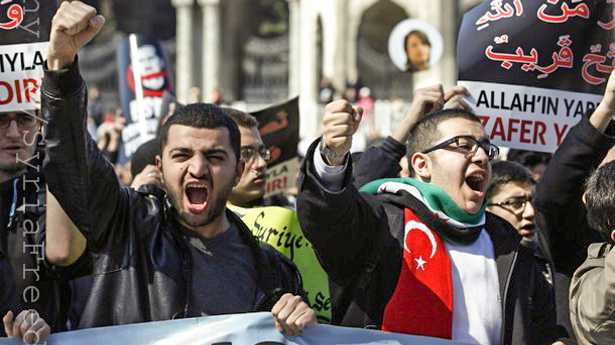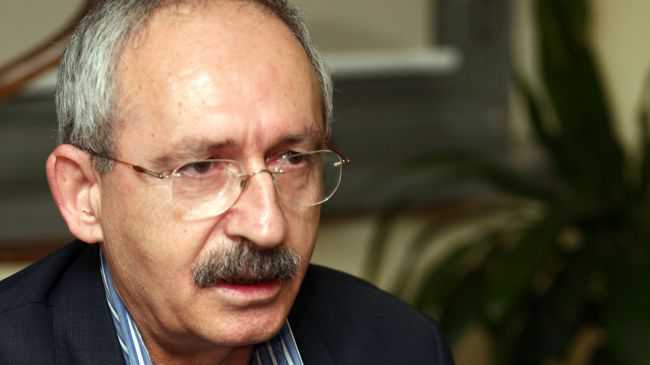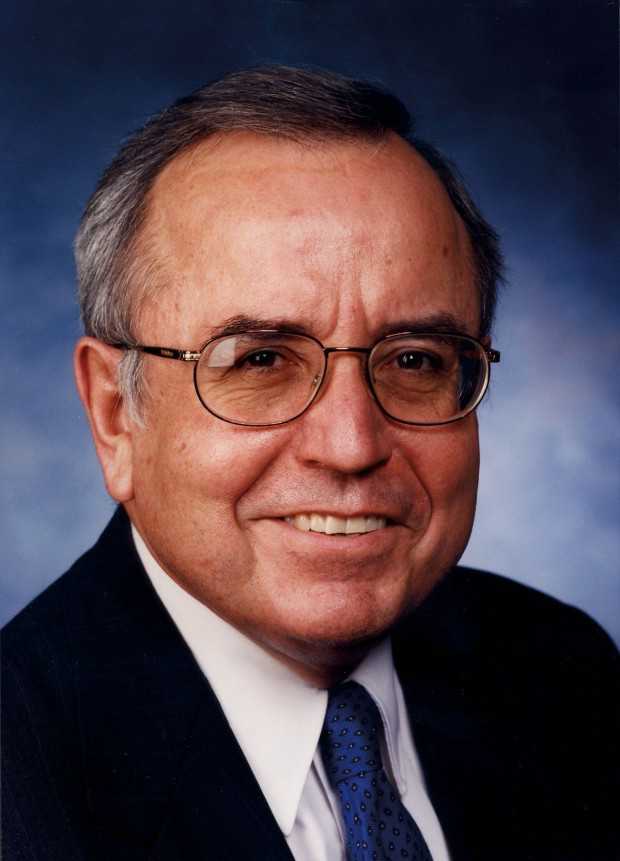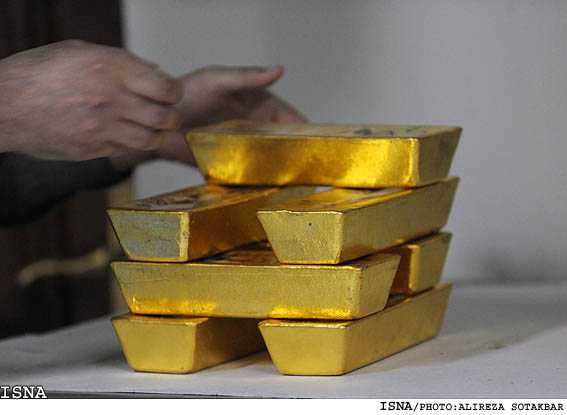AFP – The air-clearing apologies were both made and accepted.

Now, Turkey’s tourism industry is holding its breath and hoping that Israel’s apology for a deadly 2010 raid on a Gaza-bound aid flotilla will translate into a new love affair that will bring Israeli holidaymakers back to its beach resorts.
“After the apology, I think we’ll reach 500,000 (Israeli) tourists this year,” said Timur Bayindir, the president of the Association of Hotel Owners in Turkey (TUROB), convinced that any grudges between the two allies were erased thanks to last week’s diplomatic breakthrough.
And he is not the only one who is optimistic.
“The cooperation between the two countries will resume as before,” Basaran Ulusoy, the president of the Association of Travel Agencies in Turkey (TURSAB), told mainstream daily Sabah.
Prior to the spat, Turkey-Israel relations were warm, and vacationers from the Jewish state were a common sight along the Turkish Mediterranean coastline. Among the 558,000 tourists that visited Turkey in 2008, one out of every 13 was Israeli, making it their top holiday destination.
But relations soured in 2009, when Israel unleashed its devastating 22-day Operation Cast Lead on Gaza.
Turkey was infuriated.
It accused Israel of using disproportionate force in the conflict that cost the lives of 1,400 Palestinians — half of them civilians — and 13 Israelis, 10 of them soldiers.
The criticism did not go down well in Israel, where trade unions called for a boycott of Turkey. The number of Israeli tourists in Turkey fell to 312,000 that year.
A year later, relations between the two states hit rock bottom. Israeli commandos staged a botched pre-dawn raid on the six-ship flotilla to Gaza headed by Turkey’s Mavi Marmara, in which nine Turkish nationals are killed.
In response, Ankara expelled Israel’s ambassador to Turkey and suspended their military cooperation. And angry Turkish mobs took to the streets and burned Israeli flags.
That was when Israeli holidaymakers really began to turn their backs on Turkey.
In 2010, the number of Israeli tourists plummeted to 110,000, in 2011 to 79,000, and last year it only slightly rebounded to 84,000.
The March 22 apology made by Prime Minister Benjamin Netanyahu to his Turkish counterpart Recep Tayyip Erdogan — and brokered by US President Barack Obama — may reverse the trend.
“Before the apologies, we pushed very hard (for) Greece and Bulgaria, but since last week we try to do our best to push Turkish products,” Eyal Kashdan said, the chief executive of Flying Carpet Travel, one of the market leaders in promoting Israeli tourism in Turkey.
“Actually, clients prefer the (Turkish) products, the hotels of Turkey… because of the luxury of the hotels and the all-inclusive system, and they feel that the Turkish cuisine is similar to the Israeli cuisine,” he told AFP.
Still, he does not go as far as to say the Turks can now expect a boom in Israeli tourism. At least not yet. “I think the clients need more time to feel better with the (Turkish) hospitality,” he said.
His reservations are echoed by Daniel Zimet, president of the Zimet Marketing Communications agency which promotes Turkey in Israel.
“Israelis shall be ensured 100 percent that there is nothing to worry about when going to Turkey,” he said, adding that Erdogan is still walking a fine line in regards to doubts cast on whether the Israeli commanders of the flotilla raid still risk judicial proceedings in Turkey.
“It’s still a way to go before things will be totally clarified between the two nations.”
via Turks hope Israeli apology for flotilla raid sparks tourism boom | The Raw Story.





